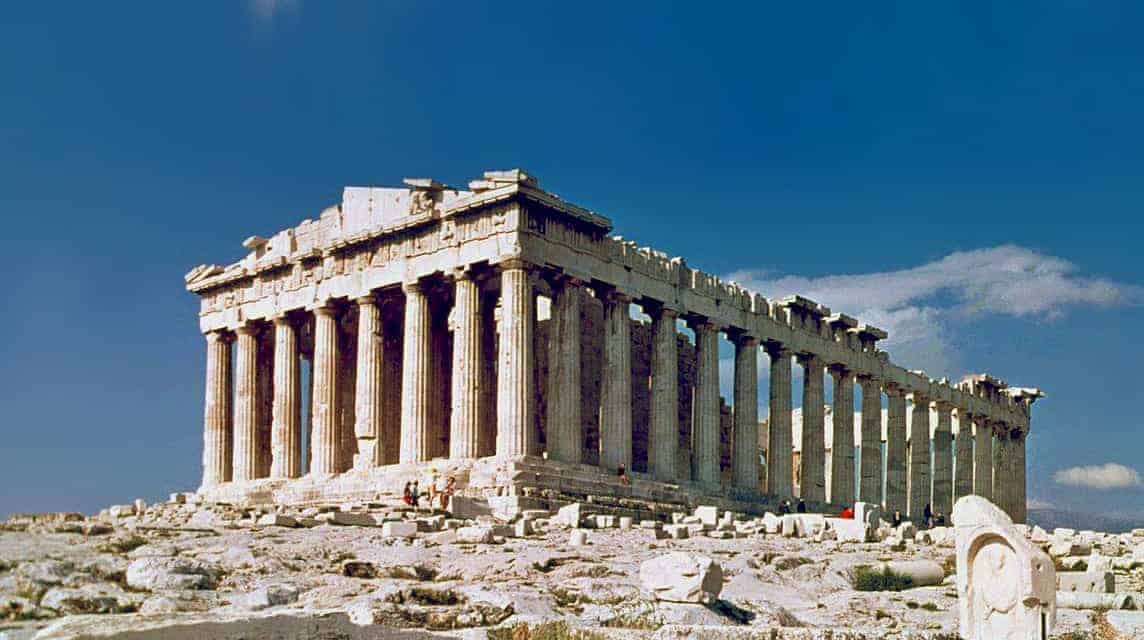The ancient Greeks have been credited with a number of innovations; especially when it comes to philosophy. When people discuss Ancient Greece, they are usually referring to the period from 800 BC until 146 BC which is when the Romans took control of Greece.
Greece was inhabited by farmers as early as 6500 BC although there isn’t a tremendous amount of information about these settlers. The Minoan civilization is usually the first point of reference when discussing the history of ancient Greece as they lived on Crete and the Aegean islands from 3650 BC. The Mycenaean civilization followed and is often deemed to be the first ‘advanced’ civilization on Greece’s mainland; it flourished until 1100 BC. This was followed by a period called the Dark Age and Greece only began to recover from 800 BC.
From the 6th century BC onwards, Greece was to develop into one of the most advanced civilizations in the world. Keep reading to learn 7 interesting facts about ancient Greece and its society.

1 – Slavery was the ‘norm’
Unfortunately, slavery was normal in ancient Greece. As much as the Greeks valued ‘freedom’, this rule didn’t apply to a section of their society. The actual number of slaves varied depending on the region but estimates suggest the figure could be anywhere from 15% to 40% of the total population.
Slaves were procured from a variety of different sources. Poor families would sometimes sell one of their children in order to make ends meet. Defeated enemies of Greece were by far the biggest source of slaves. After his invasion of Scythia in 339 BC, Philip II of Macedon (father of Alexander the Great) sold an estimated 20,000 women and children into slavery. War was such a good source of forced labor that slave traders would join armies during the campaigns in order to sell prisoners as soon as they were captured! There were also a number of trading posts around the Black Sea where slaves could be purchased. Simply put, if you had the money and the need, finding slaves was not a problem.
In Athens, citizens didn’t like the idea of working for someone else so even paid labor was viewed in a negative light (an exception was made for state employment). As a result, there was no shortage of work for slaves; they would be asked to work as chefs, nurses, porters, miners and even soldiers. Slaves were even forced to work in certain public positions. For instance, the Athenian police in the 4th and 5th centuries BC consisted mainly of Scythian slaves. According to some well-to-do Greeks, not owning slaves was a sign of poverty!
The treatment of slaves also varied according to their profession and of course the whims of their owners. Unfortunate slaves who worked as miners were subjected to terrible abuse and usually had a very short life. At the other end of the scale, those who worked as craftsmen were often treated well and could even engage in paid labor away from their masters although they did have to give him a sizeable portion of their income. If they earned enough, it was possible to buy their freedom. Slaves who became soldiers and died in battle were given the honor of a state funeral.

